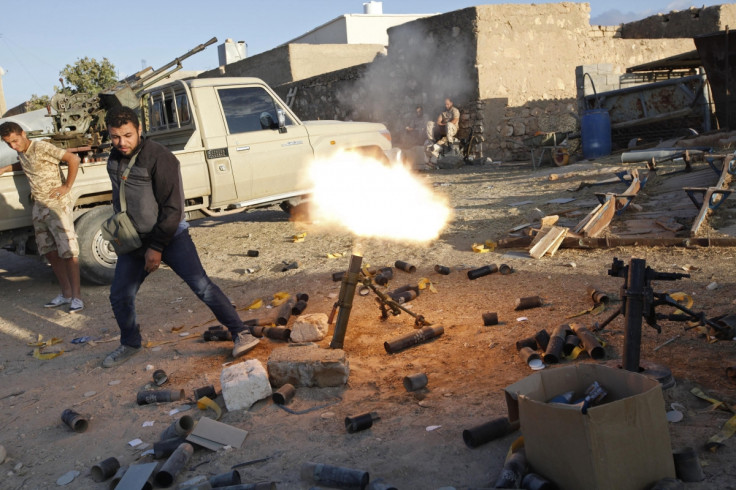Libya: Rival Tripoli and Beida governments sign UN peace deal to end civil war

Representatives from Libya's rival Tripoli and Beida parliaments have signed a UN-brokered peace deal in Skhirat that could lead to foreign intervention in the country.
The framers of the deal – including the UN envoy to Libya Martin Kobler – hope the peace plan will bring to an end Libya's 17-month civil war, which has effectively partitioned the country and created a security vacuum in the North African state, allowing Islamic State (Isis) to flourish.
The deal creates a presidential council in Libya, headed by Faiez Serraj and made up of nine members representing the country's different regions and political interests. It also dissolves the rival Beida and Tripoli governments, the two political bodies fighting Libya's civil war.
While the signing of the peace deal has been met with cautious optimism, with demonstrations in support of the agreement in Libya, the fragile plan faces stiff opposition.
The legislative bodies represented at Skhirat have been denied a vote on the peace deal after it was defeated numerous times both in Tripoli and Beida. Analysts have also questioned the ability of the new presidential council to enforce the peace while powerful militias, remnants of the country's 2011 revolution, still hold sway over the country.
Libya erupted in civil war after three years of instability following the ousting of 40-year dictator Muammar Gaddafi when militias effectively ejected Libya's democratically elected legislature. The country's armed groups, especially those from Misrata, have demonstrated that they will intervene militarily if they are denied power.
The establishment of the Serraj government could pave the way to foreign intervention in order to secure the capital Tripoli. Claims in the British and Italian press that up to 1,000 troops could be deployed to Libya in the short-term have been denied by the Ministry of Defence.
"The UK, along with international partners, is supporting the process to form a recognised Libyan government and we are developing plans to support once this is done. No decisions have been made about the future deployment of any British military forces to Libya as part of an international coalition force," a spokesman told IBTimes UK.
The US and its allies have become increasingly concerned about the presence of IS (Daesh) in Sirte, a former Gaddafi heartland. Speaking at an international conference in Rome on Libya, US Secretary of State John Kerry urged the formation of a unity government to fill the political vacuum in Libya.
© Copyright IBTimes 2025. All rights reserved.






















